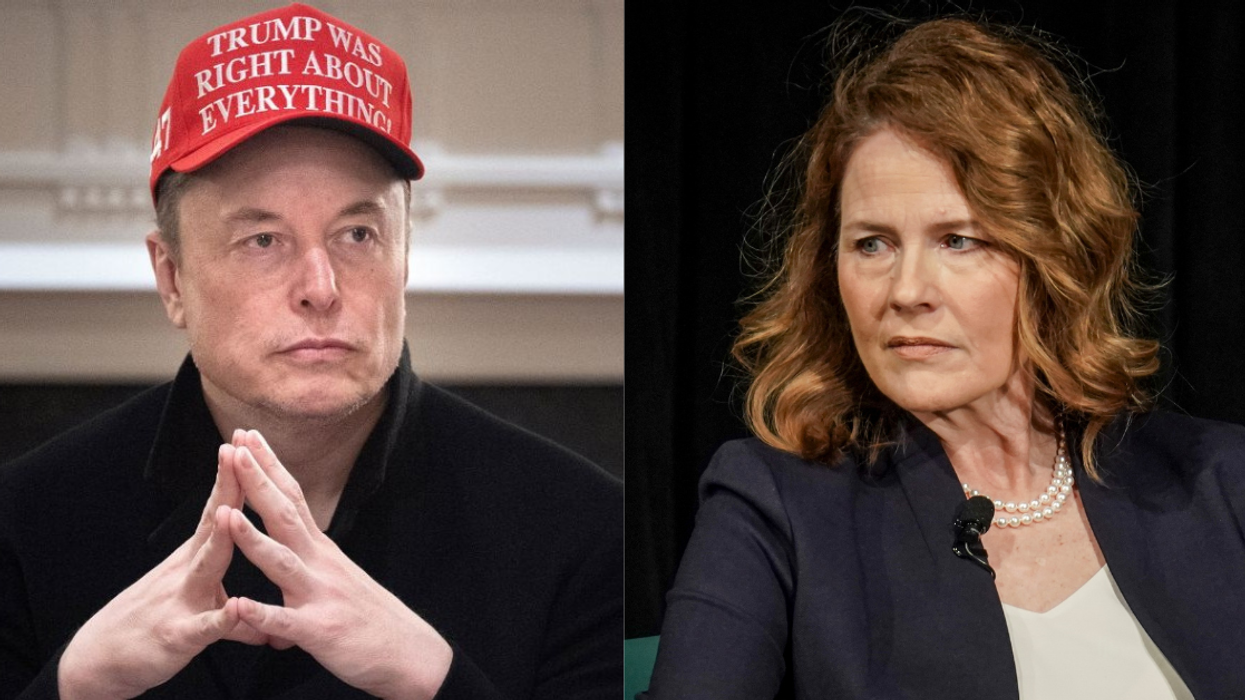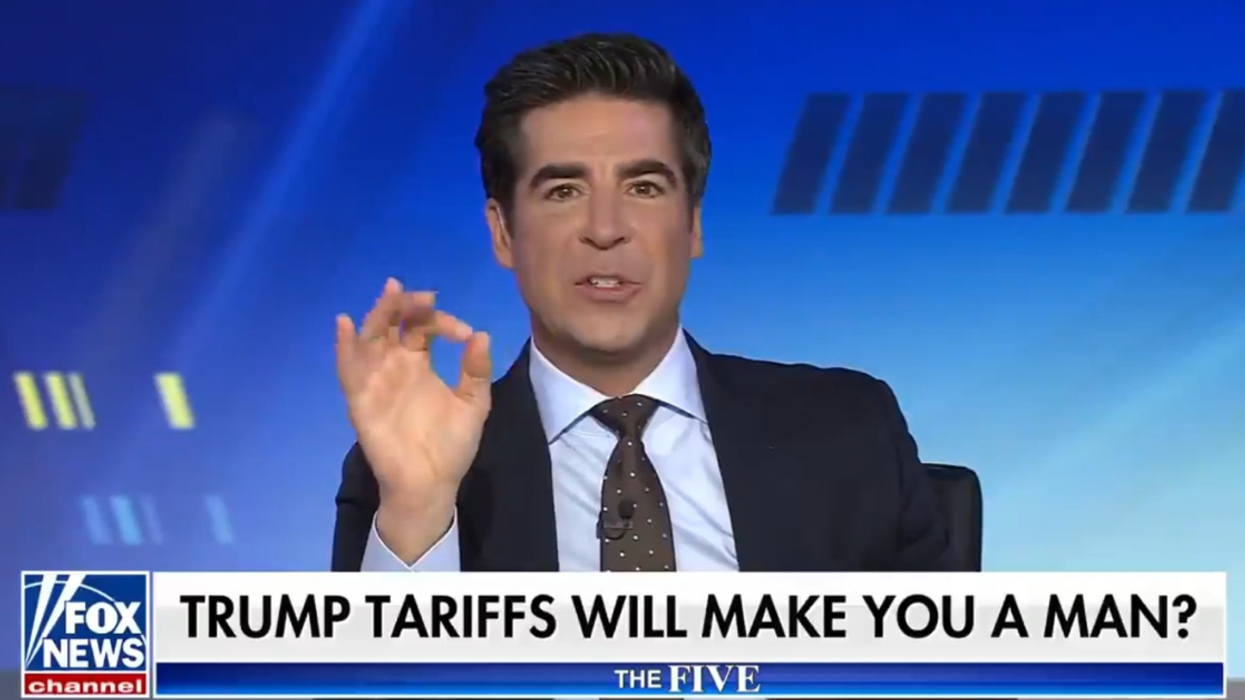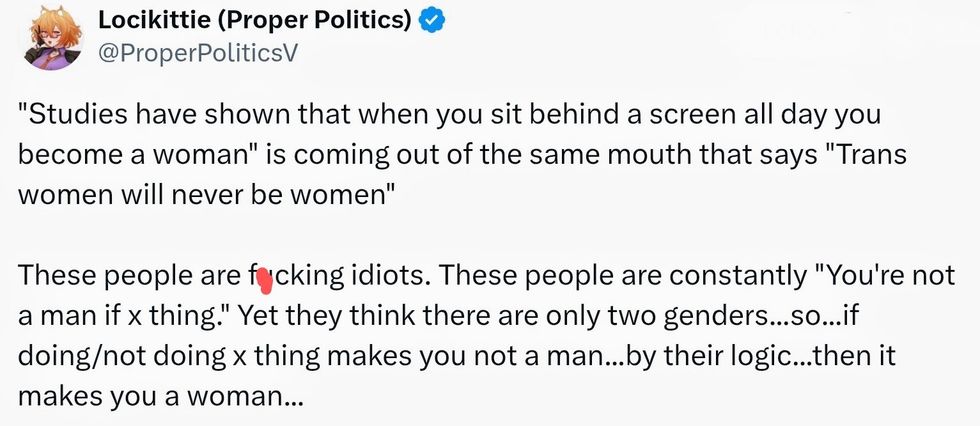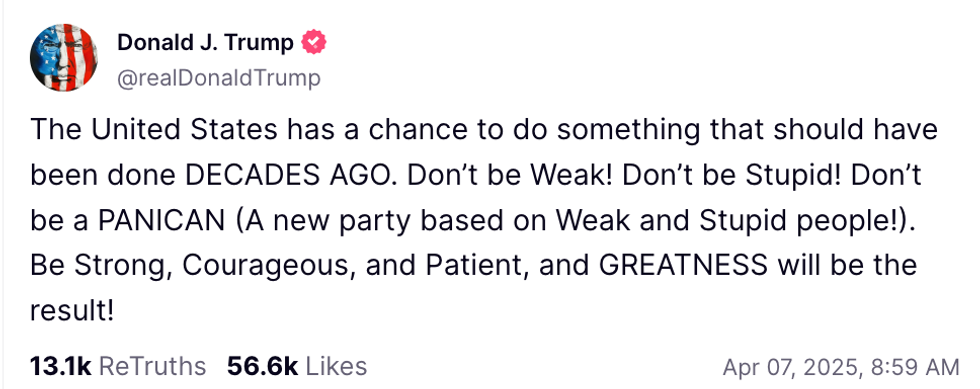Thursday, the administration of President Donald Trump continued to try to get out from under the issues they created with implementation of the zero tolerance policy by changing the rules as opposed to adhering to the guidance already in place.
The Departments of Homeland Security (DHS) and Health and Human Services (DHHS) announced the Trump administration, rather than limit the length of child detention as prescribed by the Flores Settlement in 1997, would enact new regulations allowing them to detain children longer.
The decision is bound to result in further lawsuits the administration will probably lose, but in the meantime they can shelve family reunification and child detention deadlines.
DHS Secretary Kirstjen Nielsen stated:
"Today, legal loopholes significantly hinder the Department’s ability to appropriately detain and promptly remove family units that have no legal basis to remain in the country."
"This rule addresses one of the primary pull factors for illegal immigration and allows the federal government to enforce immigration laws as passed by Congress."
In plain language, the legal loophole Nielsen addresses is the government requirement to not keep children in cages for extended periods. The pull factor she alludes to is parents seeking a better life for their children can be deterred with the knowledge that the life for their children in the United States will involve cages for an indeterminate period.
Which was the original purpose of the family separation and zero tolerance policy. If parents seeking to enter the United States for asylum or immigration know their children will definitely suffer, they may be less likely to come.
In April, Attorney General Jeff Sessions ordered his federal prosecutors in the Department of Justice to handle all entry into the United States—without prior authorization—as a criminal matter. In the past, federal prosecutors could decide to not prosecute the crime and turn cases over to civil immigration courts for processing.
But what type of crime is entry into the United States without prior authorization?
Entering the United States without a visa is a misdemeanor offense unless the person is seeking asylum. Entering for the purpose of seeking asylum is not a criminal offense. Sessions' order however removed prosecutors discretion so all entry is now treated as a crime until proven otherwise.
The decision further required detention of all people found to have crossed the border without authorization until their case could be heard in a further backlogged criminal court. A backlog created by requiring all immigration cases to be handled as criminal cases.
At the beginning of their implementation of their new zero tolerance policy, DHS—under Secretary Kirstjen Nielsen—separated children from their parents. Creating yet another crisis of overcrowded child detention facilities.
Child detention facilities soon hit capacity. The sight of children being taken from their parents and huddled in cages also failed to play well to the public.
When the courts ordered the Trump administration to stop their family separation policy—undermining their intention to use child removal as a deterrent against parents entering the United States—US District Court Judge Dolly Gee refused to give them an extension on the time they can detain children under the Flores Settlement.
The Trump administration currently faces two major issues created when they implemented their zero tolerance policy: reuniting the children they separated and getting all children, whether unaccompanied, still awaiting reunification or currently detained with their families out of detention facilities.
Now, by implementing new regulations, they can—at least for now—sidestep both issues.
They will withdraw the government from their side of the Flores Settlement reopening the case for further court action.
The proposed changes allow US Immigration and Customs Enforcement (ICE) to expand family detention facilities to keep parents and children in federal jails for longer. ICE currently runs three facilities—referred to by ICE as "family residential centers"—with current total capacity of 3,500.
Demand exceeds supply so Nielsen and DHS hope to build new permanent of temporary facilities at an as yet undisclosed cost to taxpayers. Thursday's announcement only specified it would be overseen by an undisclosed third party.
The Trump administration already faced accusations of turning immigrant and child detention into a profitable venture for the private prison industry at taxpayer expense when details of tent city plans became public.
Thursday’s proposed changes also created formalized guidance for DHHS for children in detention facilities. DHHS oversees a network of about 100 shelters for unaccompanied minors—those who arrive without family or who DHS separated.
However, recent allegations emerged of mistreatment and sexual abuse at several shelters. Unlike the foster care system, rules covering the care of these children were not formalized in regulations.
The Trump administration's plans for unlimited child detention periods is sure to spark new lawsuits and public outcry. More than 500 children separated by Nielsen's DHS under requirements made by Sessions DOJ policy remained in federal custody awaiting reunification.
However the proposed regulations cannot take effect immediately.
Publishing the new rules in the Federal Register triggers a 60-day period for public comments. Then the Flores counsel has 45 days to challenge those regulations in court.
The proposed changes will be officially published September 7, 2018. At that time they will be available for review and public comment here.








 @therealjeffreyross/Instagram
@therealjeffreyross/Instagram @therealjeffreyross/Instagram
@therealjeffreyross/Instagram @therealjeffreyross/Instagram
@therealjeffreyross/Instagram @therealjeffreyross/Instagram
@therealjeffreyross/Instagram @therealjeffreyross/Instagram
@therealjeffreyross/Instagram @therealjeffreyross/Instagram
@therealjeffreyross/Instagram @therealjeffreyross/Instagram
@therealjeffreyross/Instagram @therealjeffreyross/Instagram
@therealjeffreyross/Instagram @therealjeffreyross/Instagram
@therealjeffreyross/Instagram @therealjeffreyross/Instagram
@therealjeffreyross/Instagram @therealjeffreyross/Instagram
@therealjeffreyross/Instagram









 @mikeredmond/Bluesky
@mikeredmond/Bluesky

 @realDonaldTrump/Truth Social
@realDonaldTrump/Truth Social